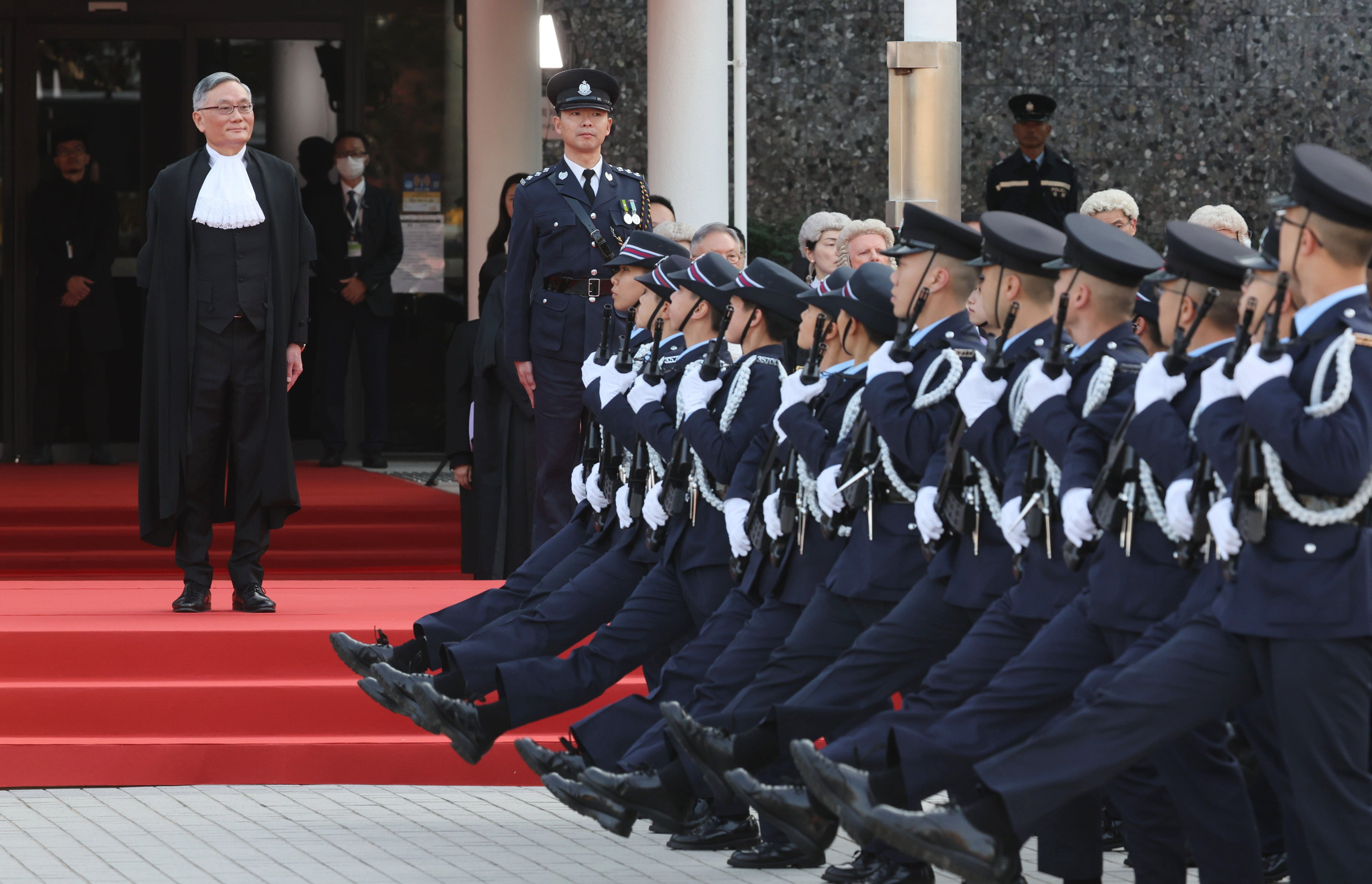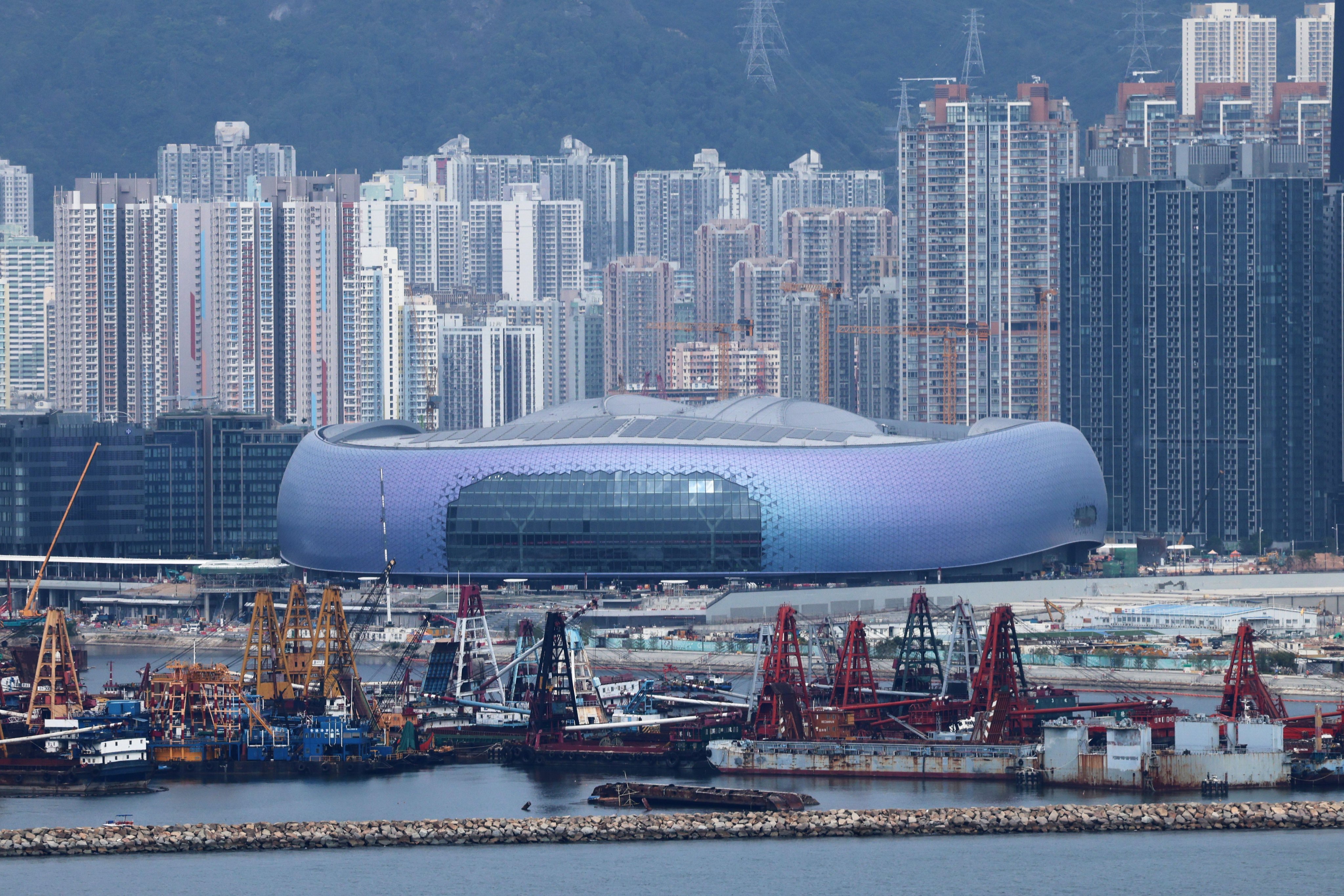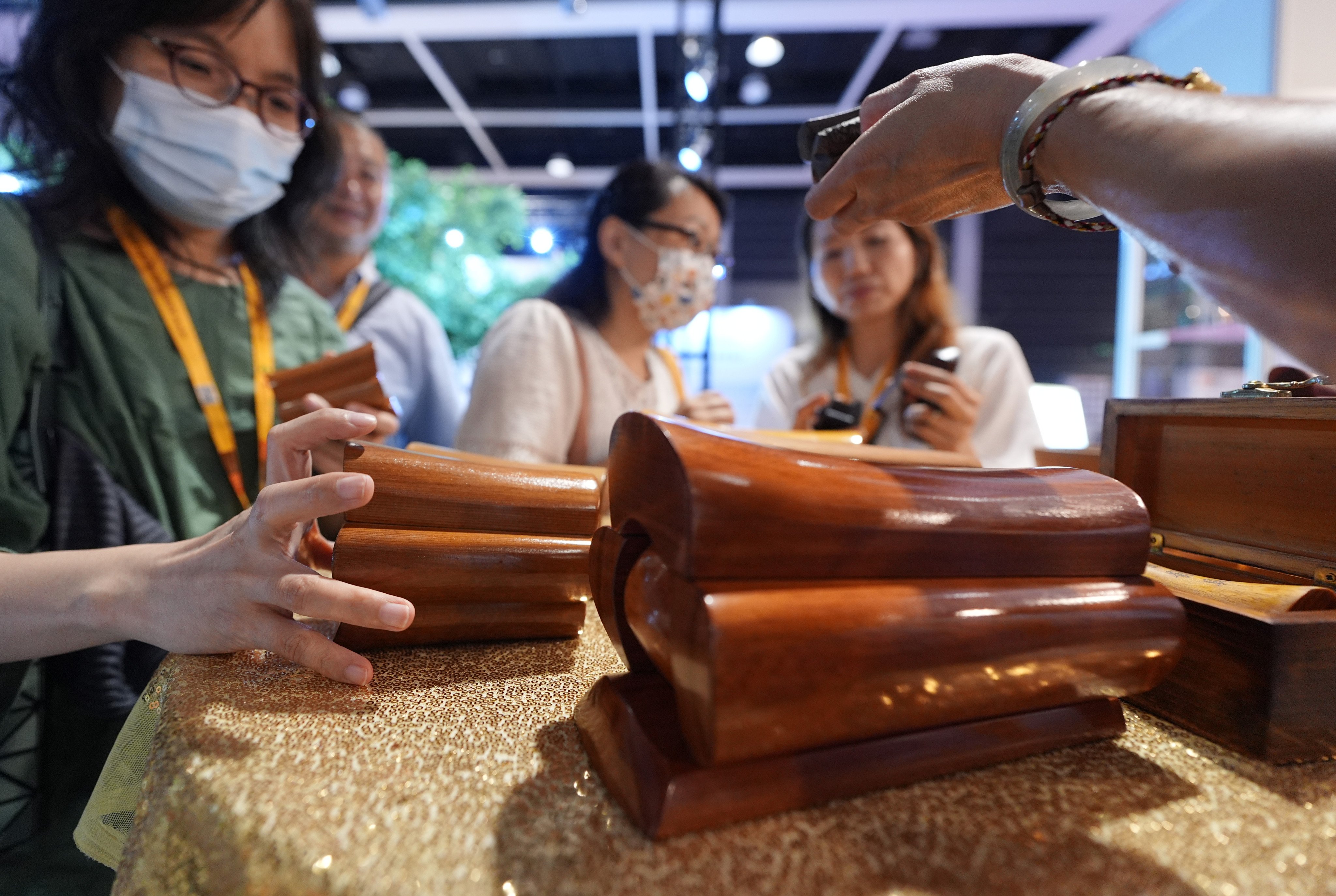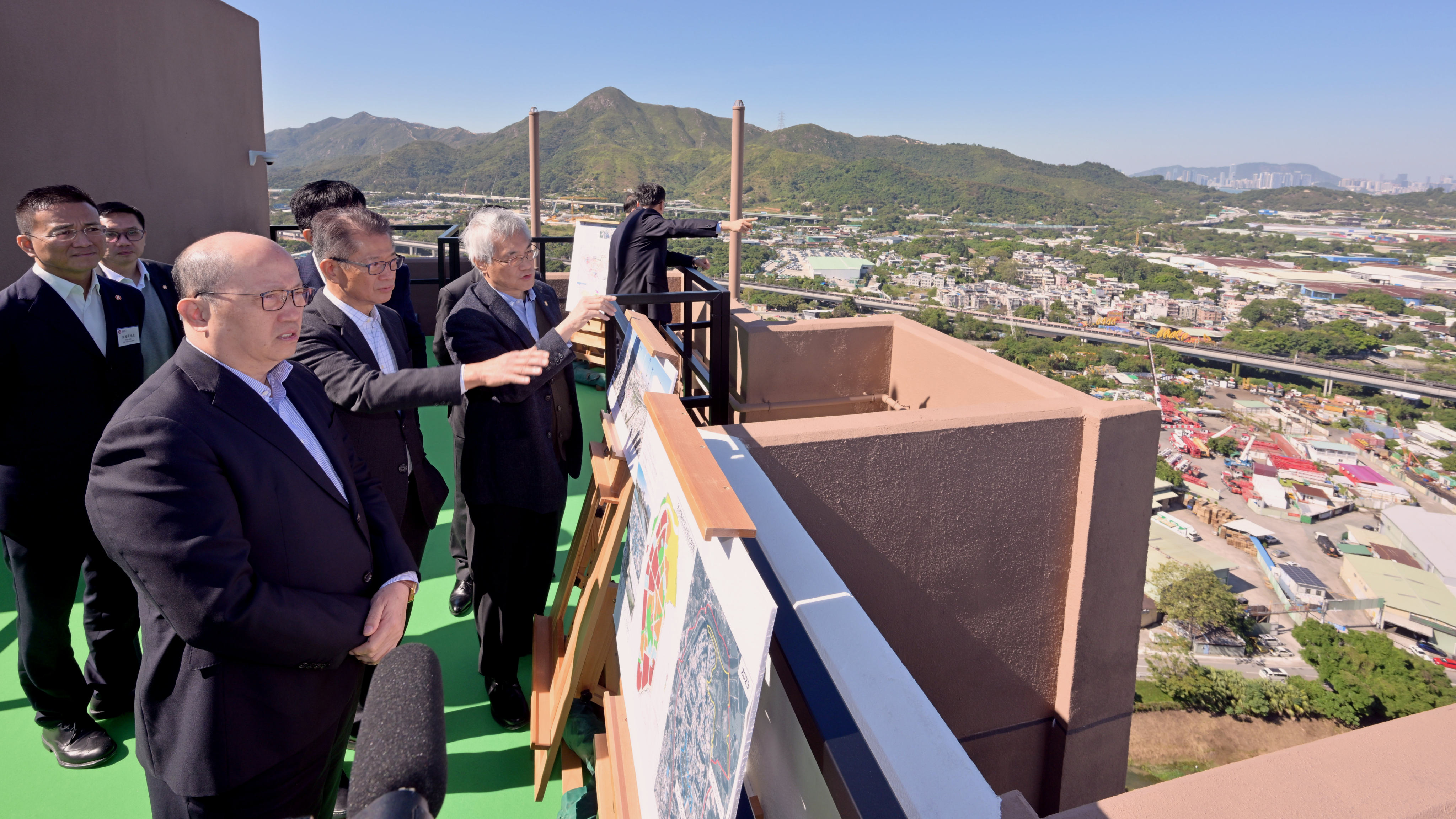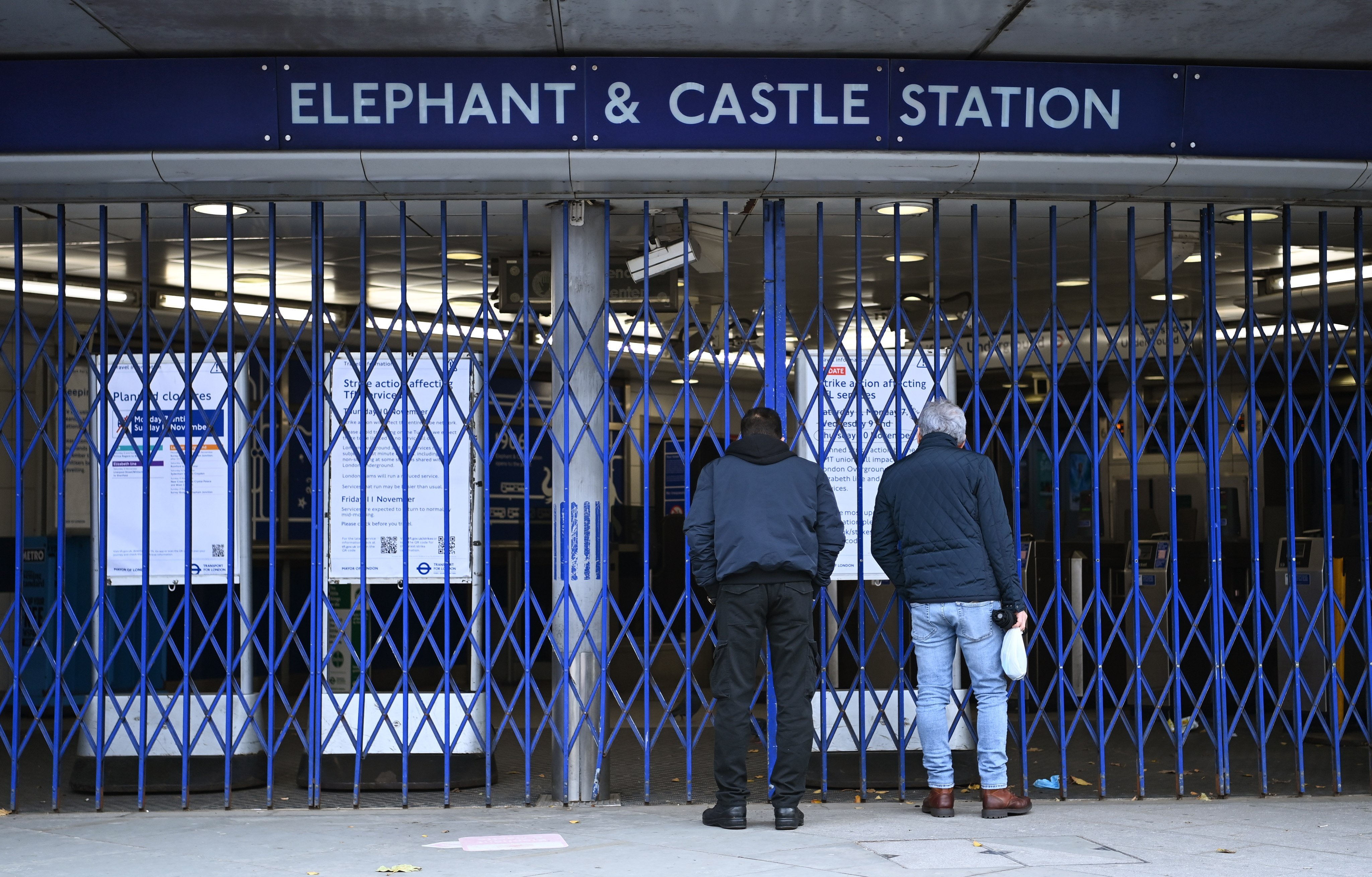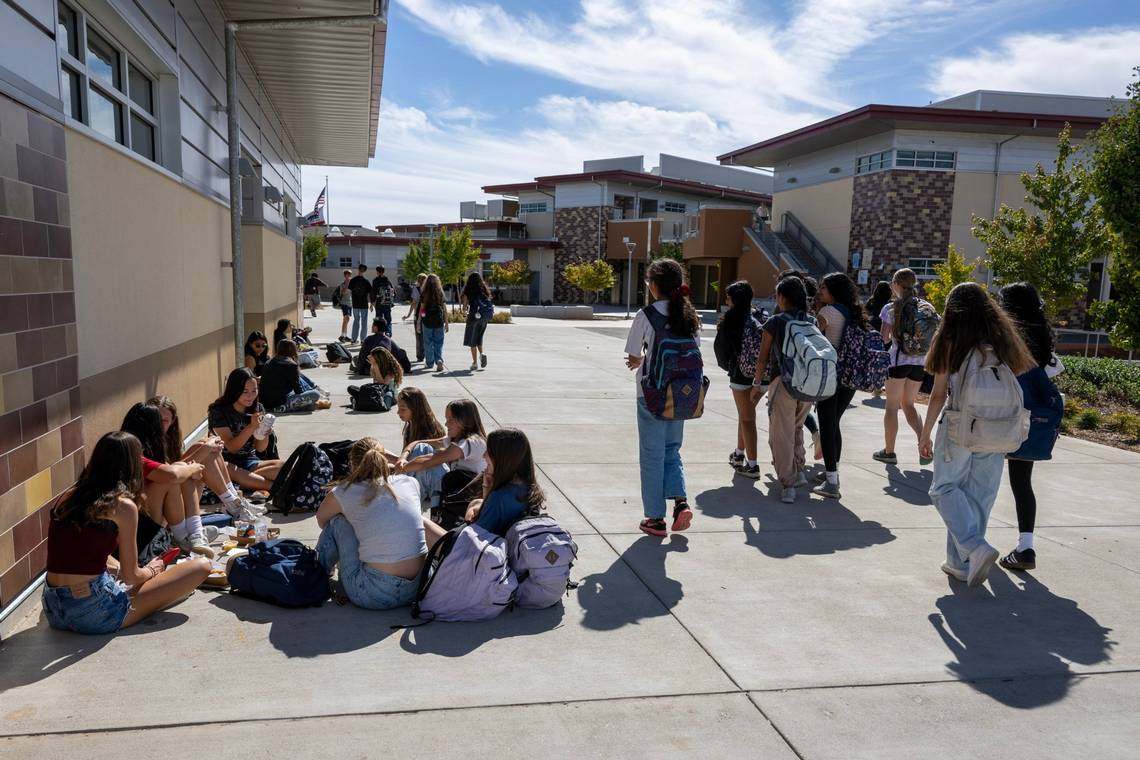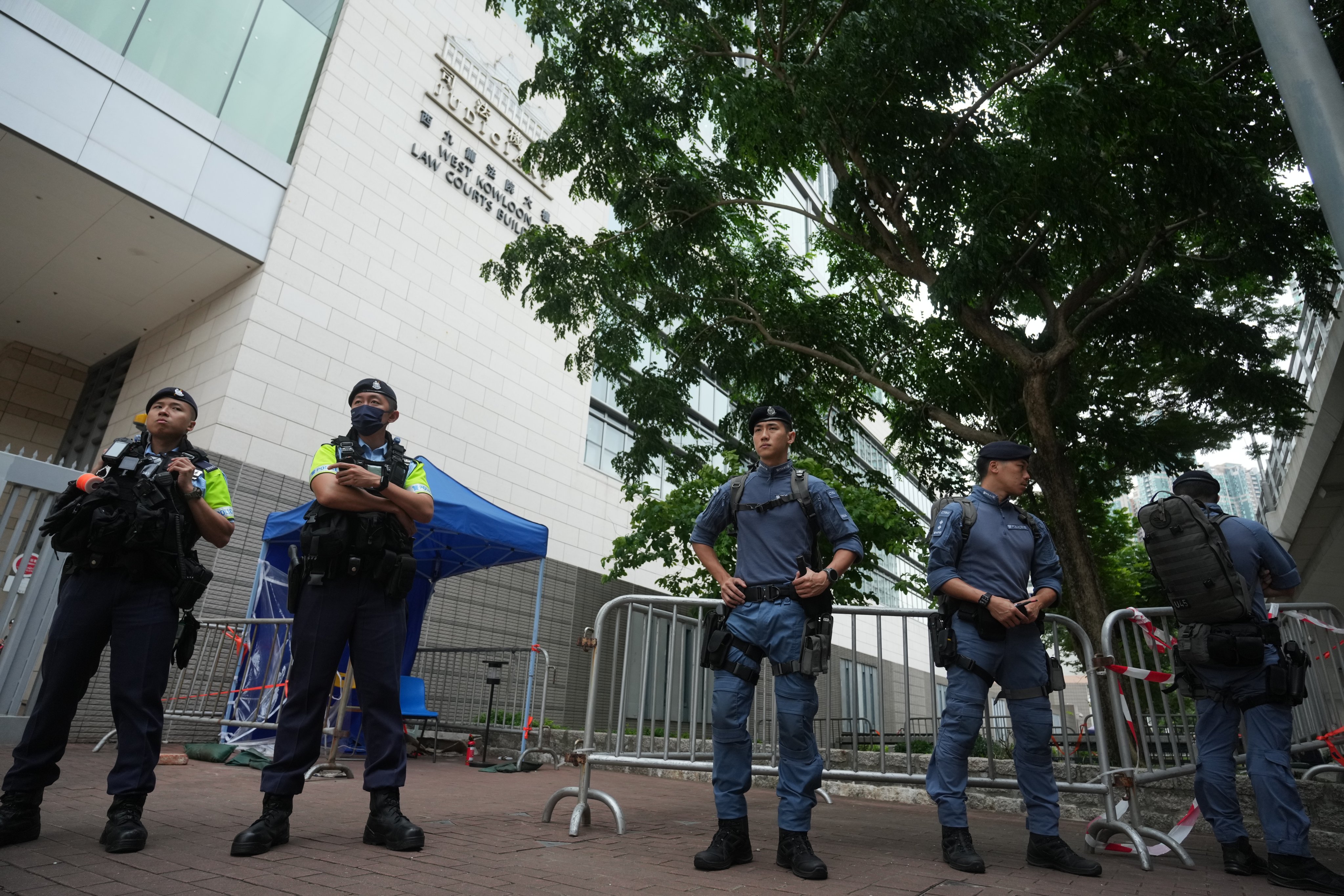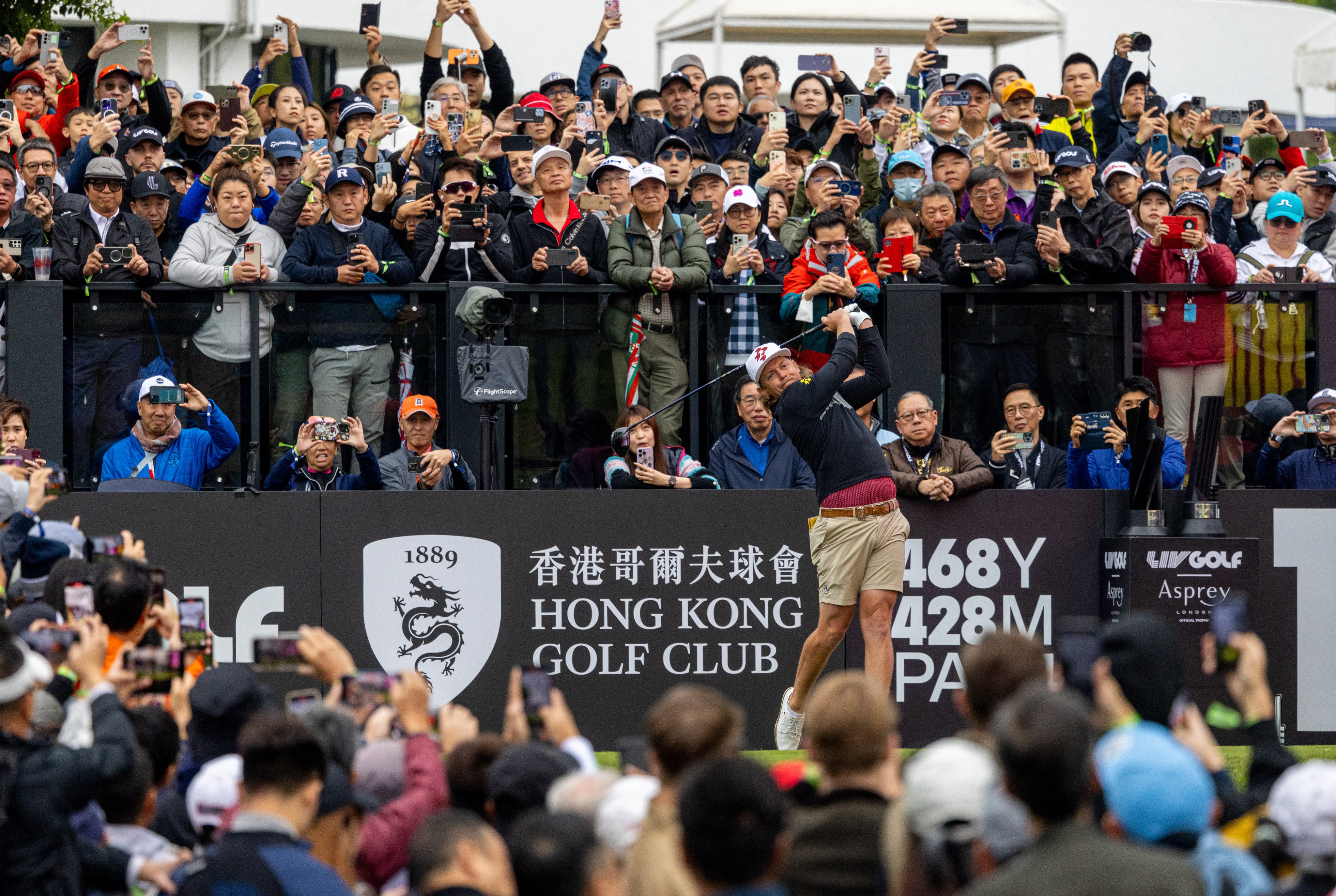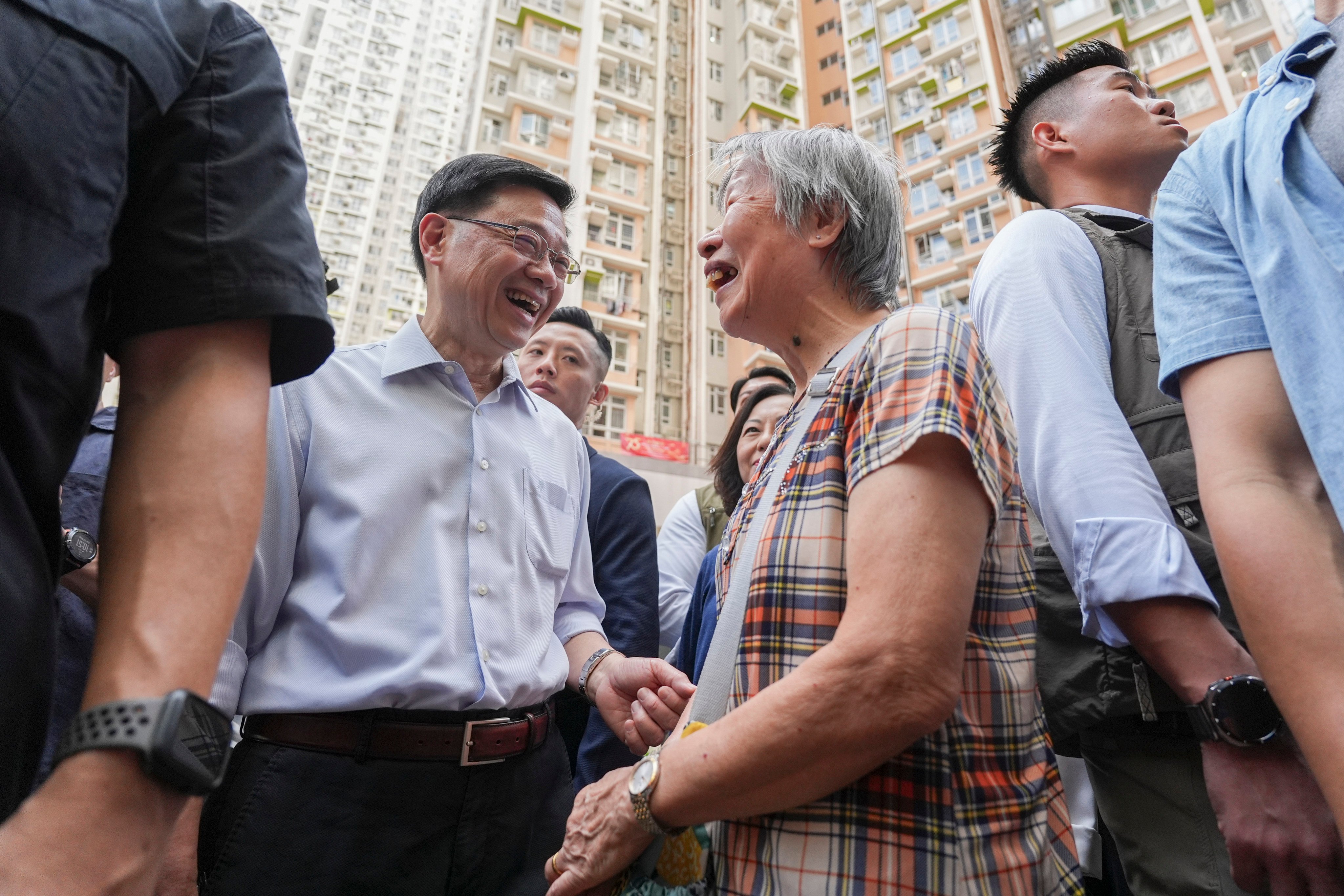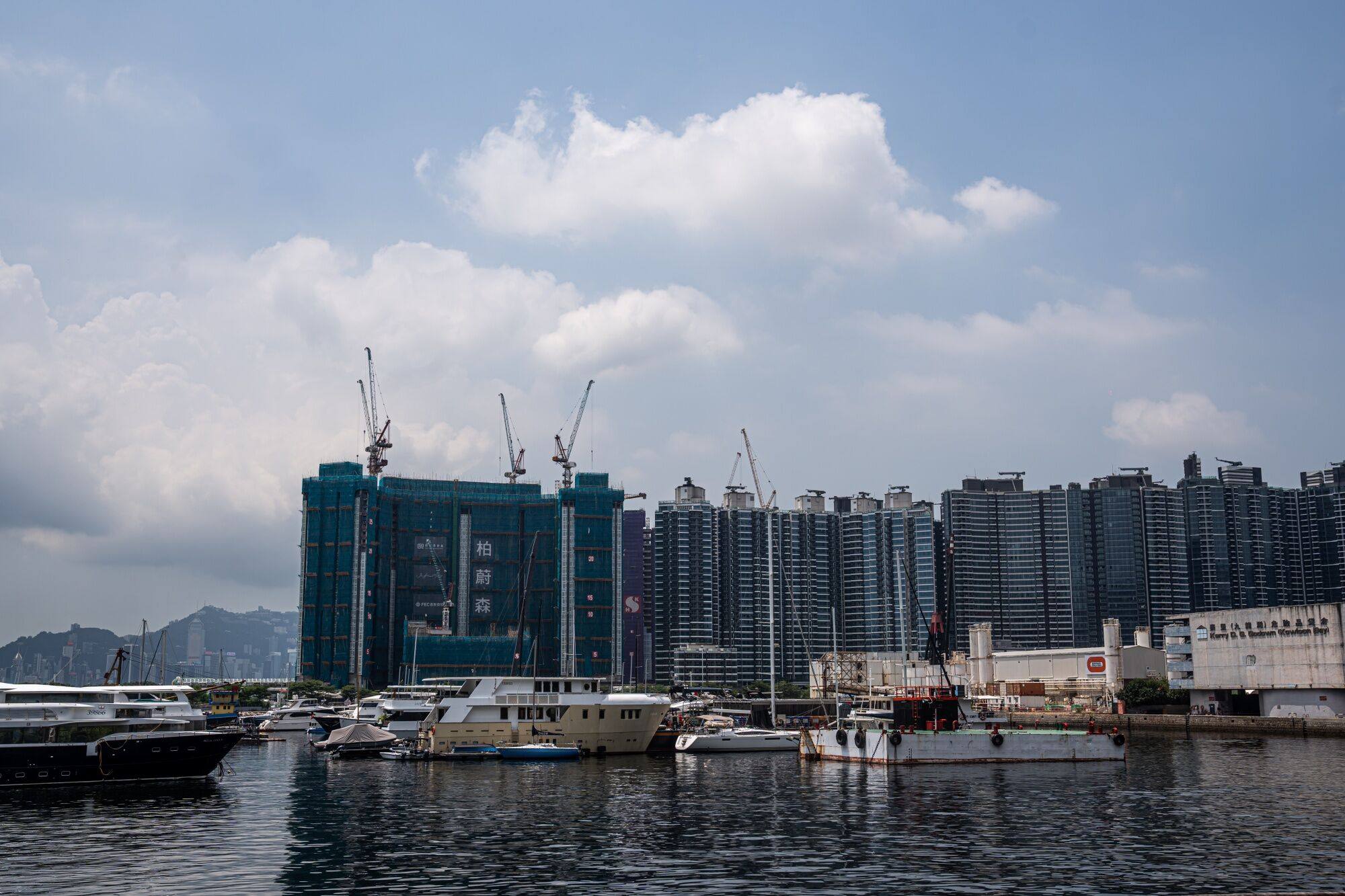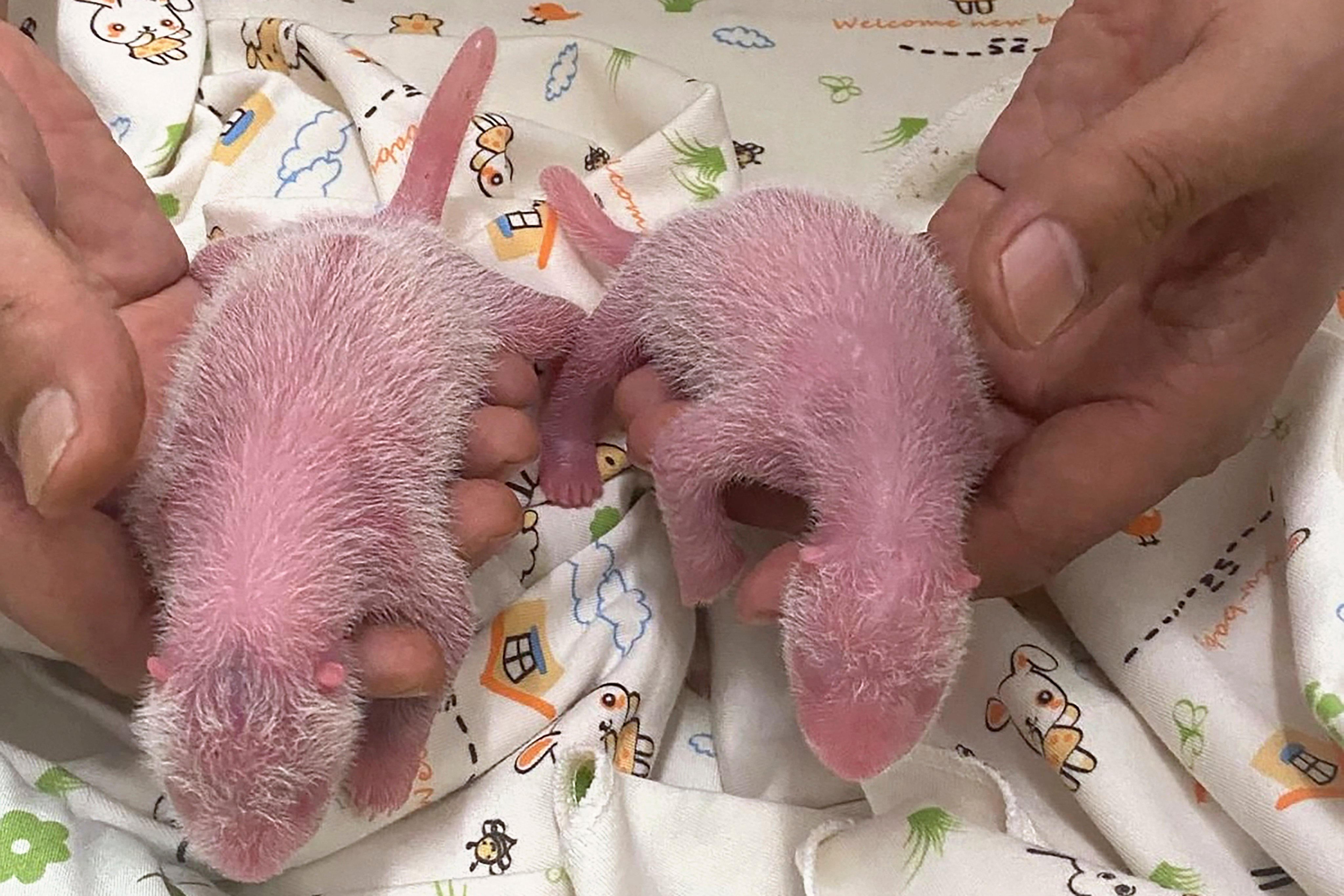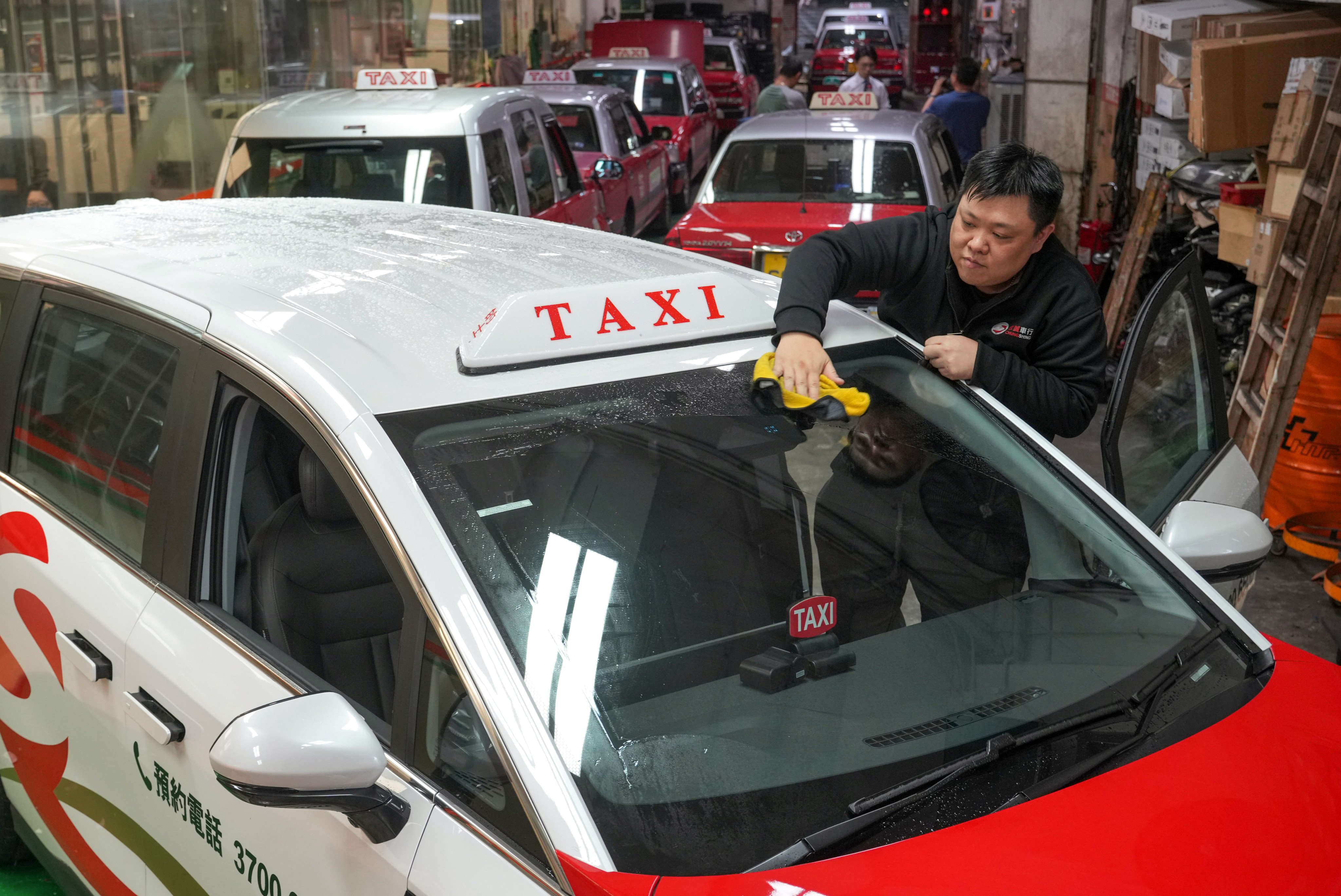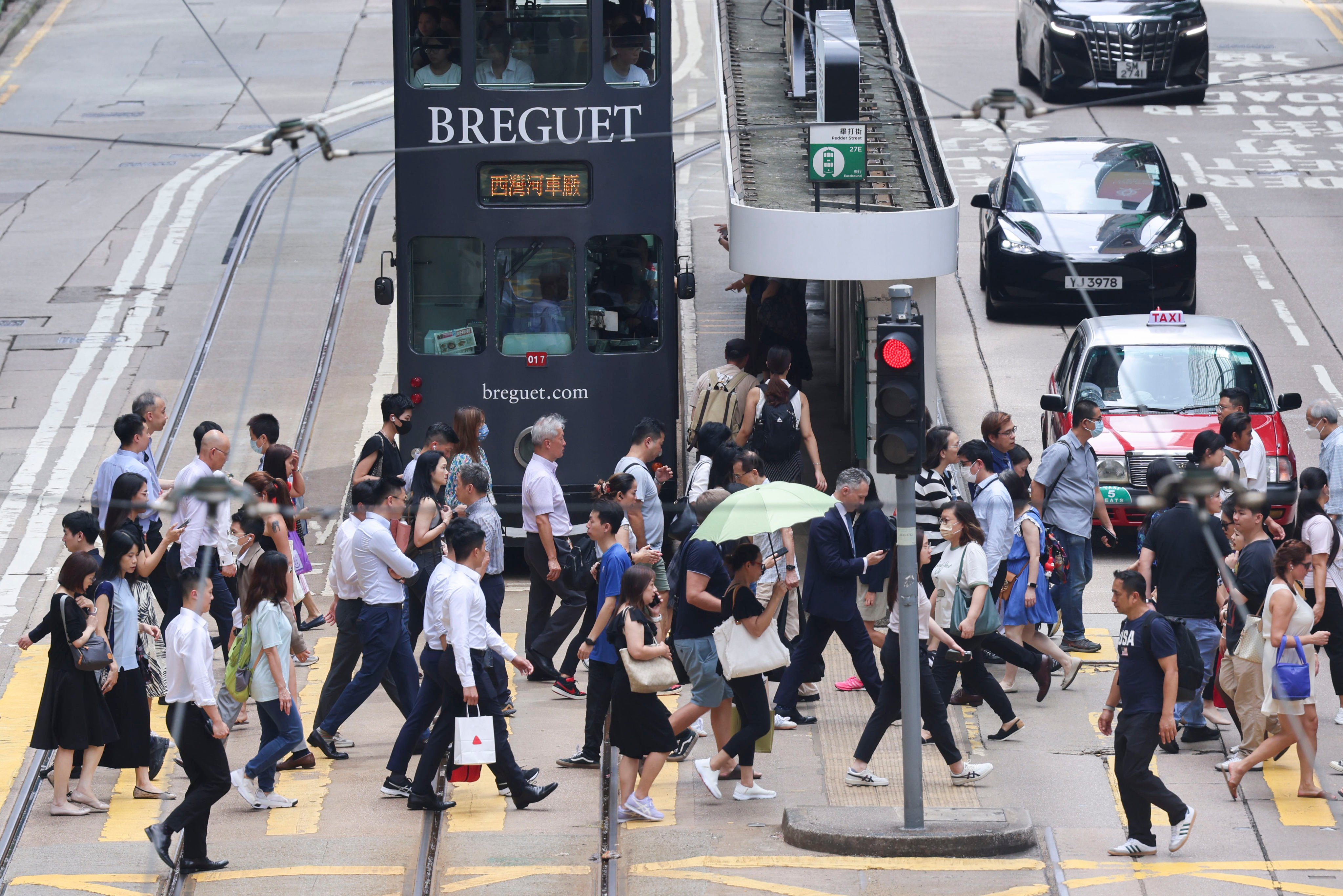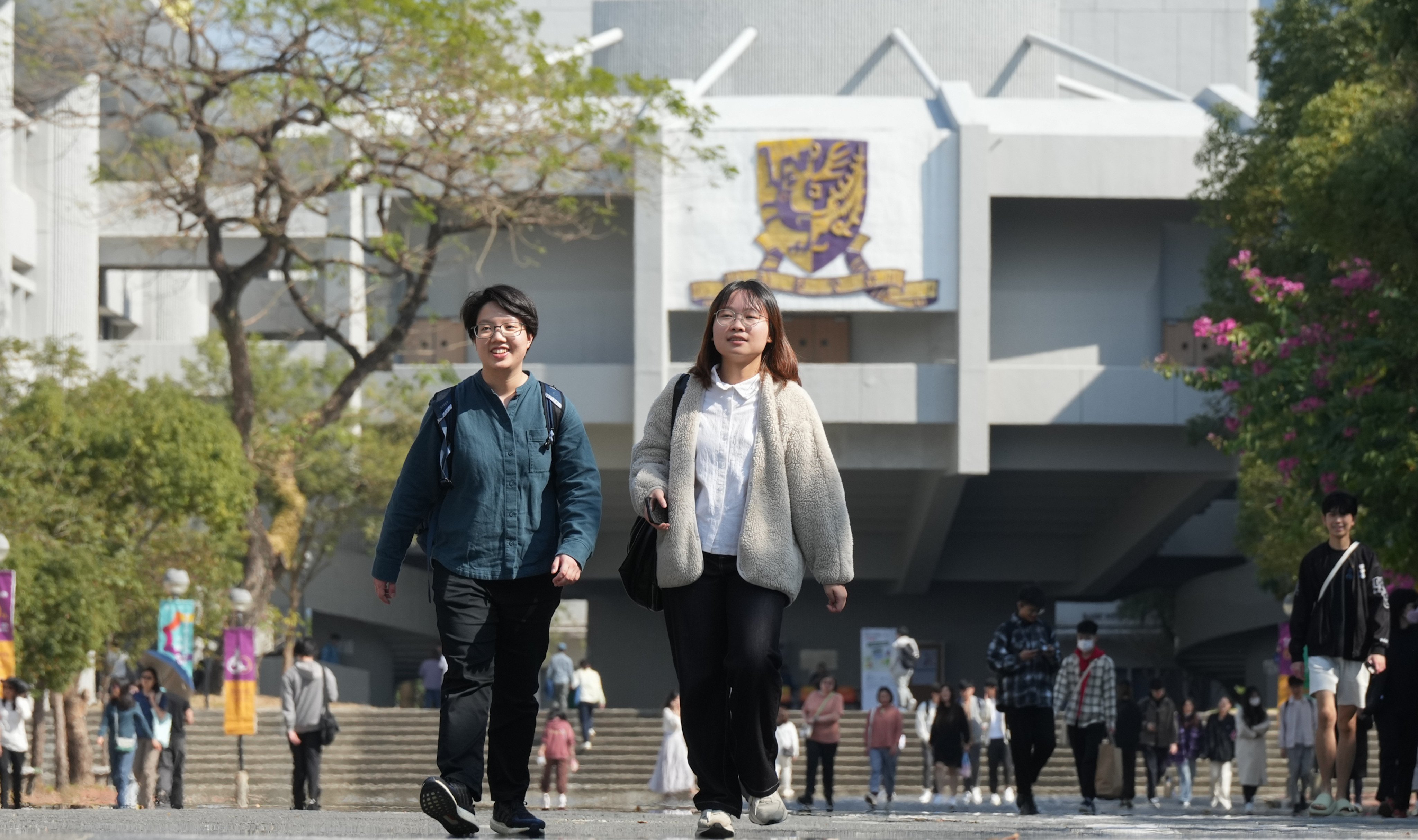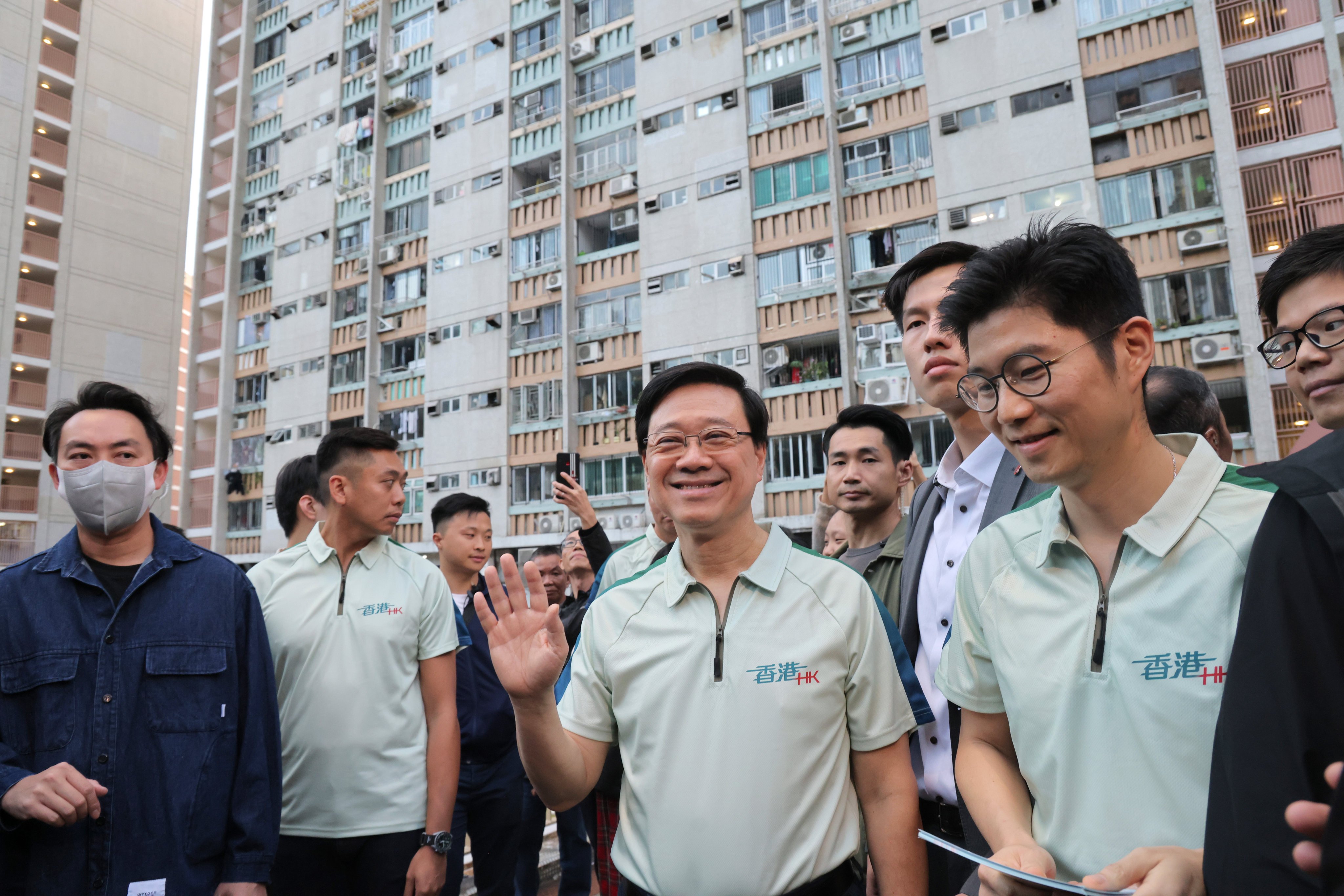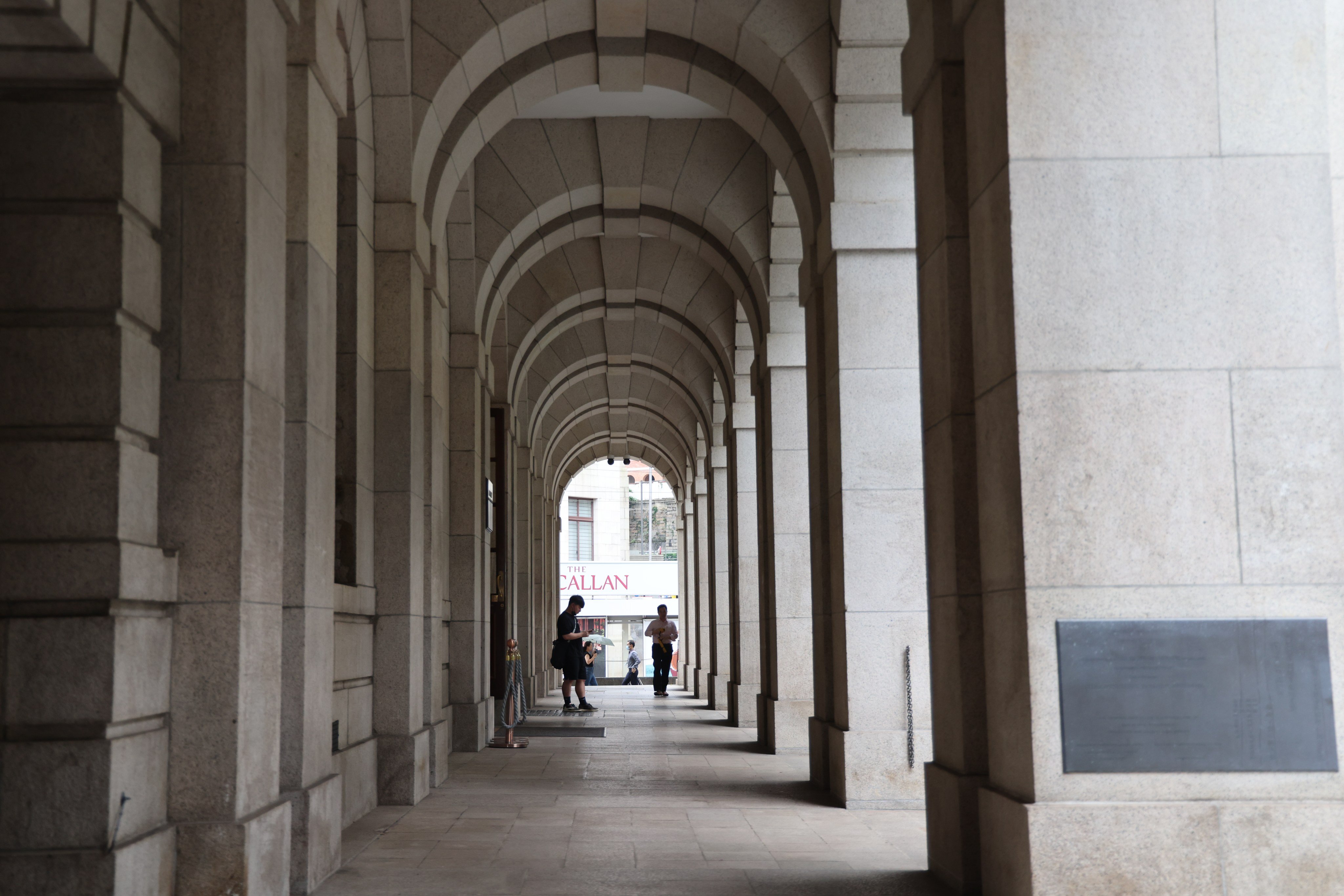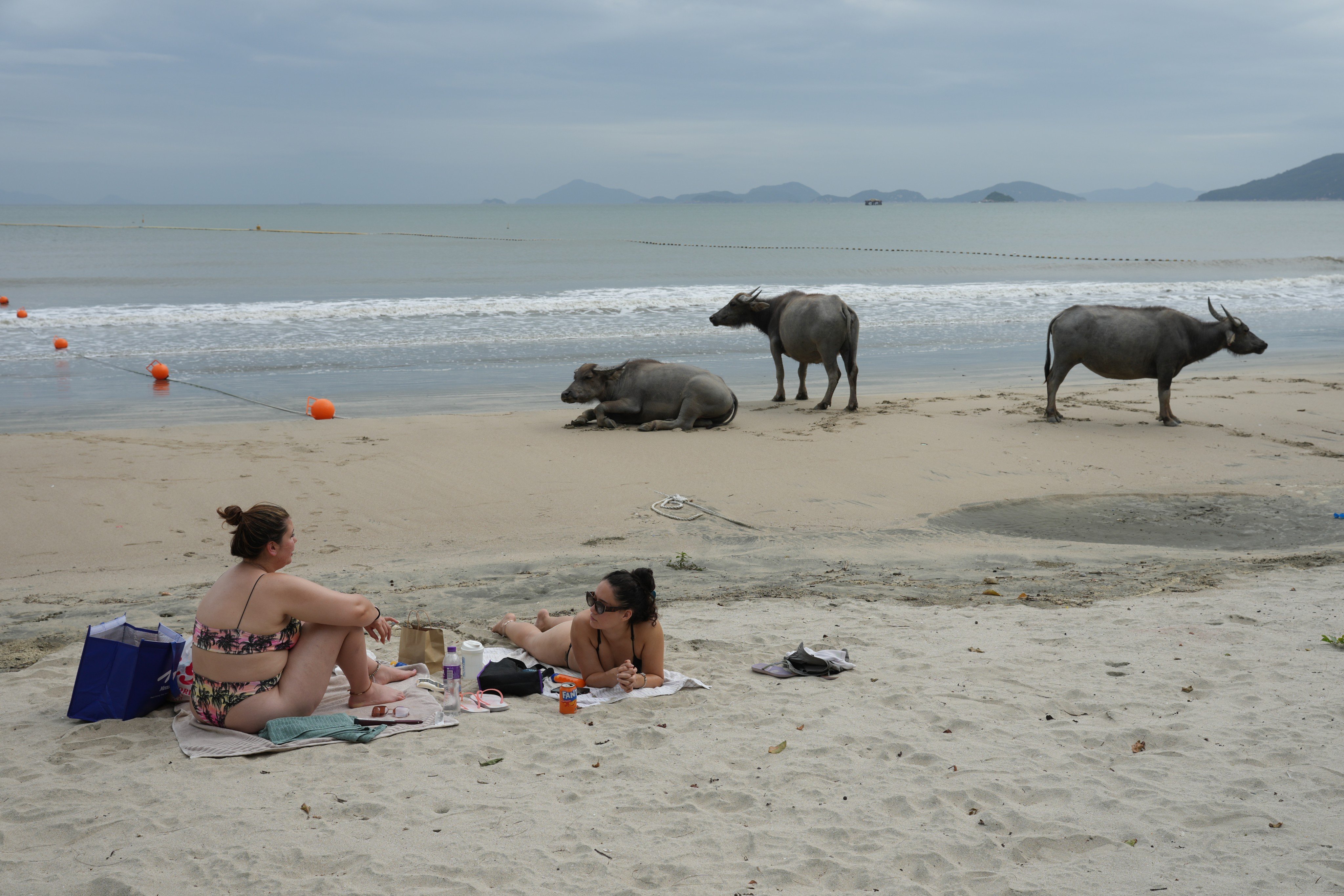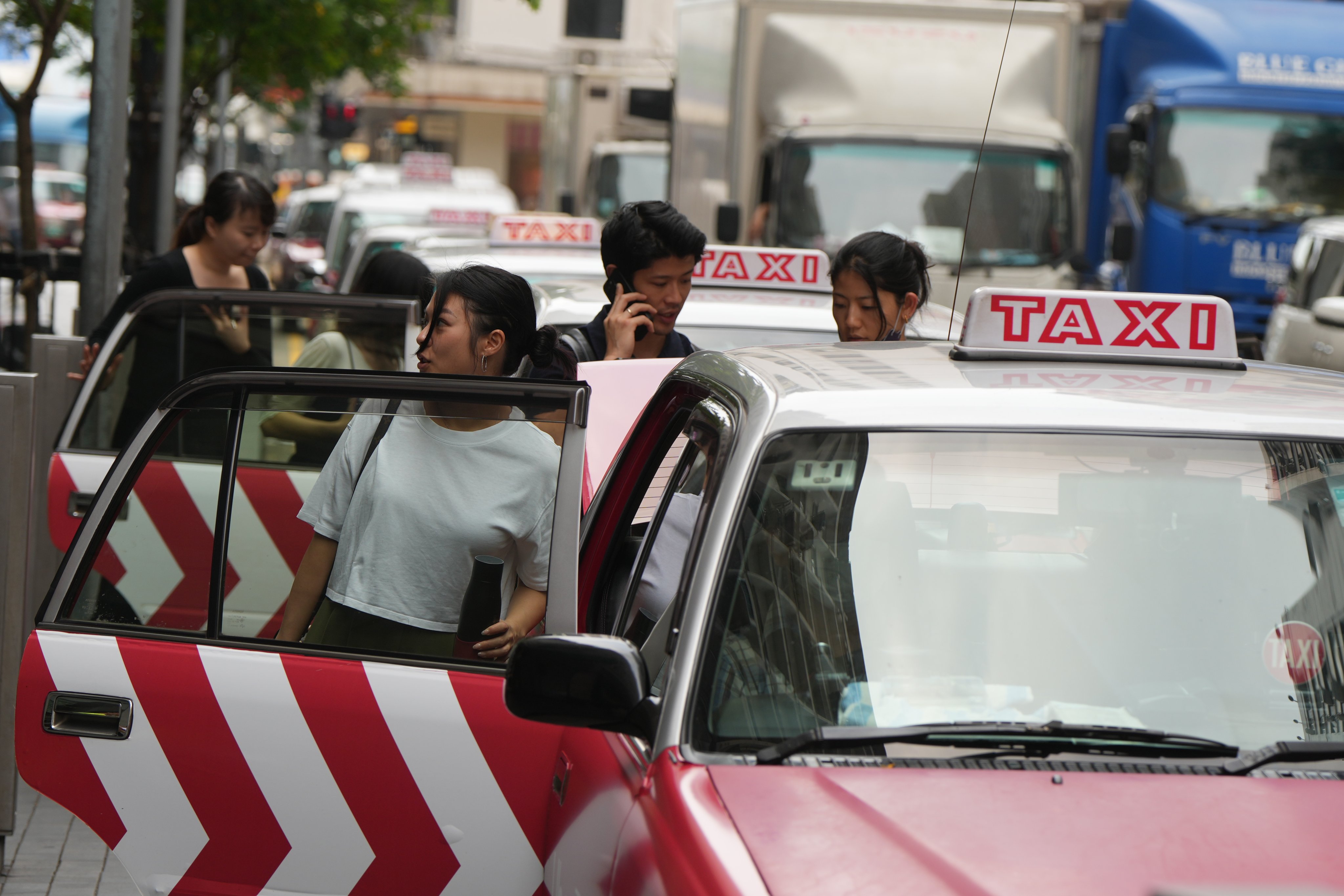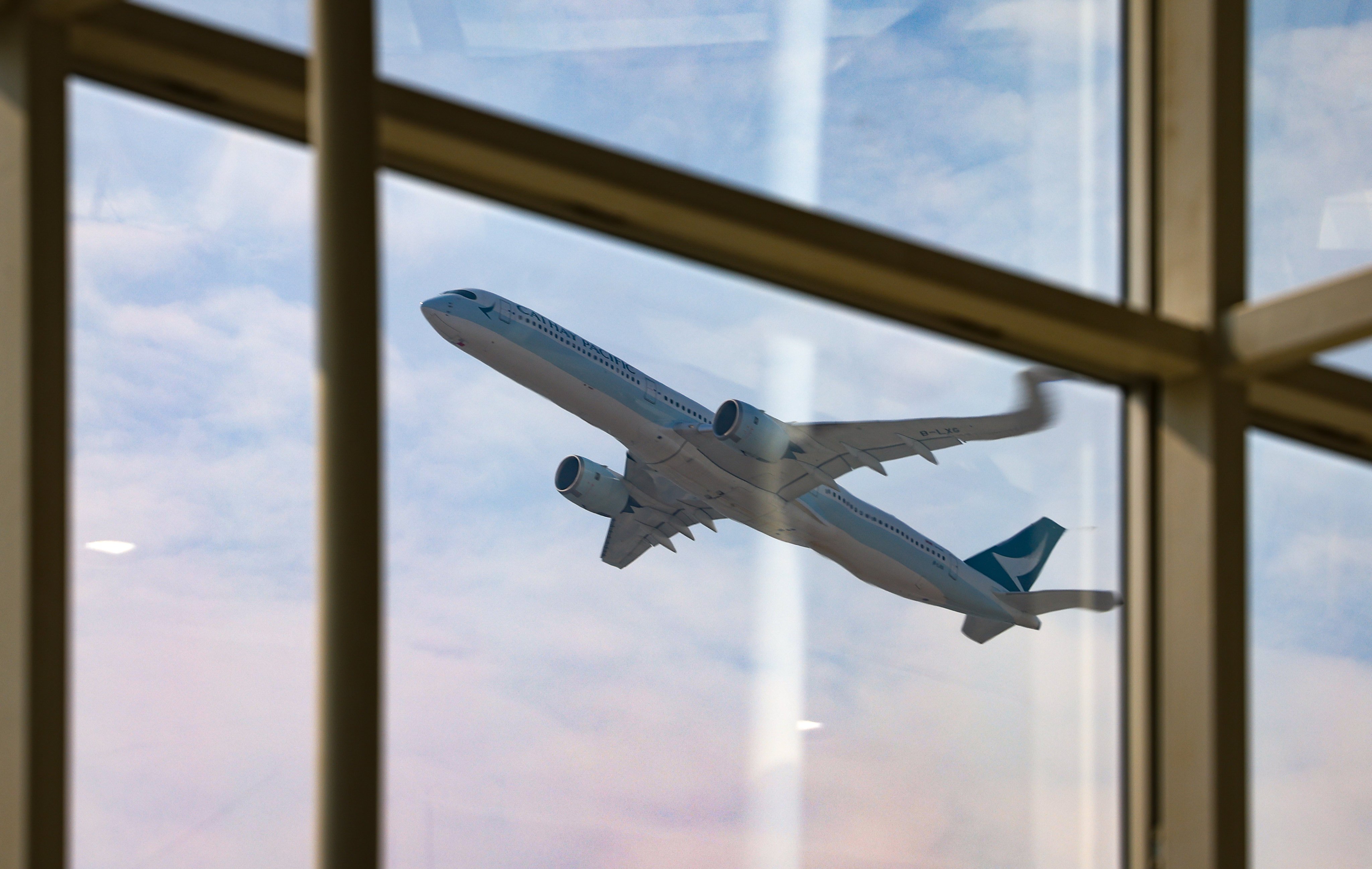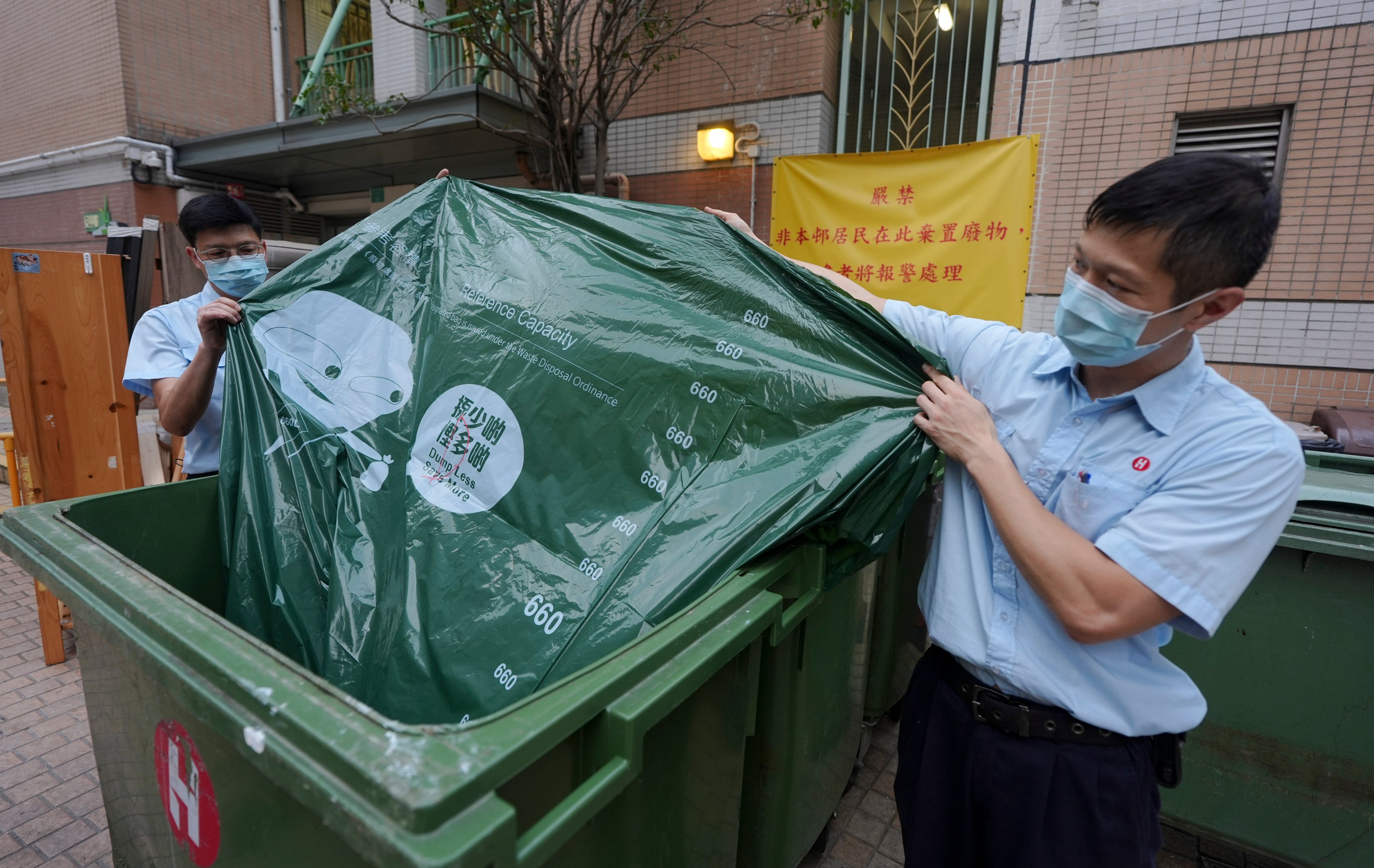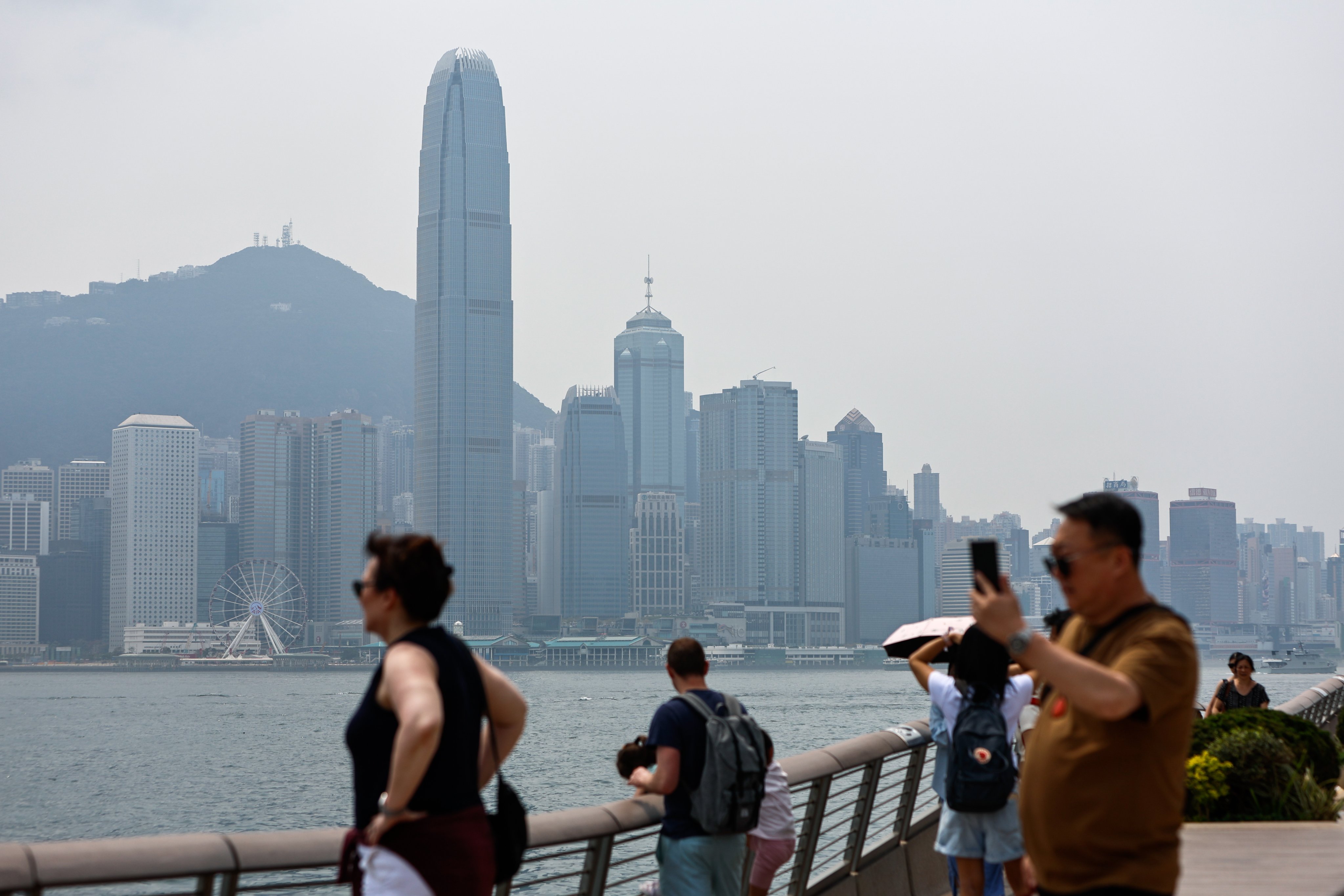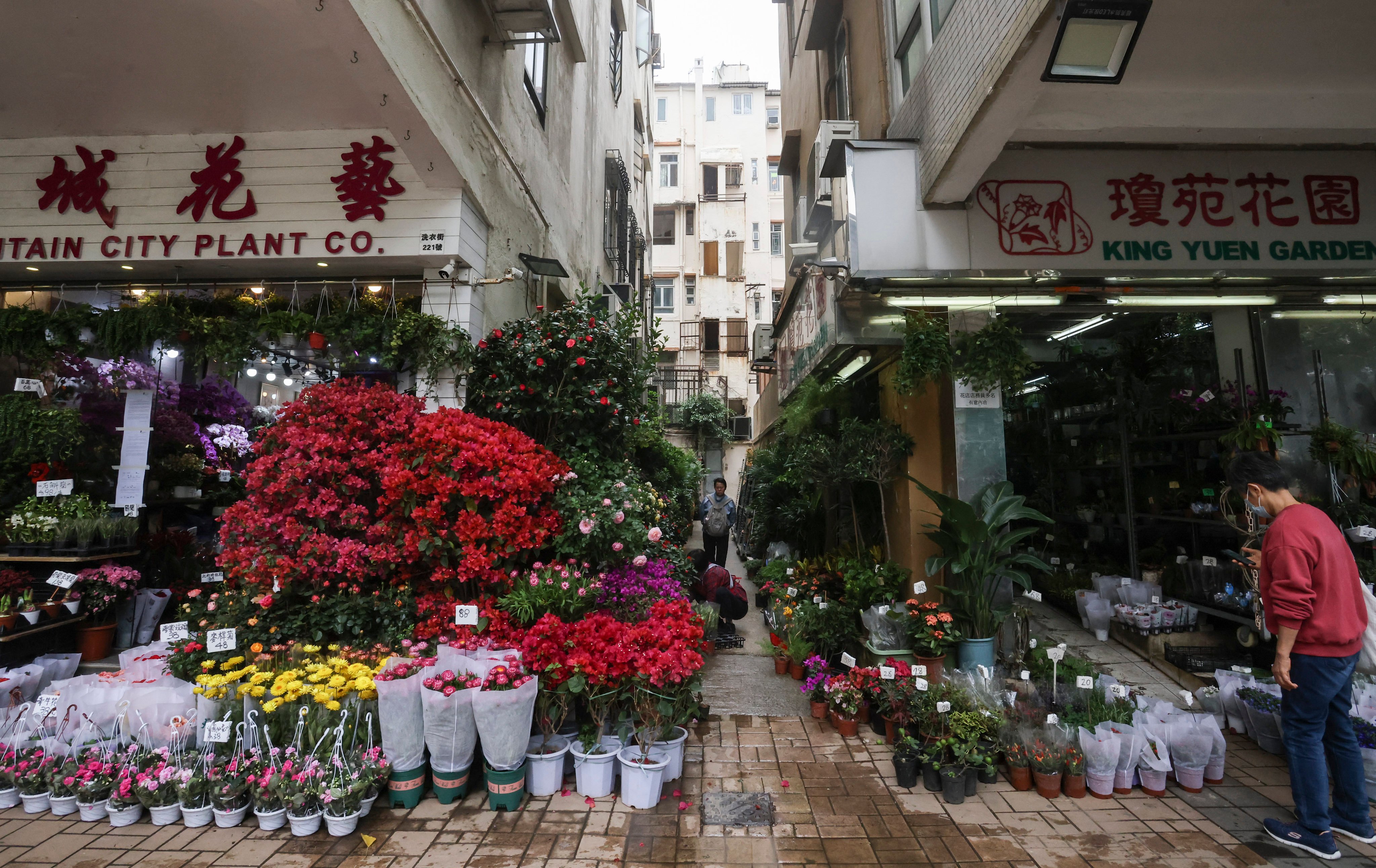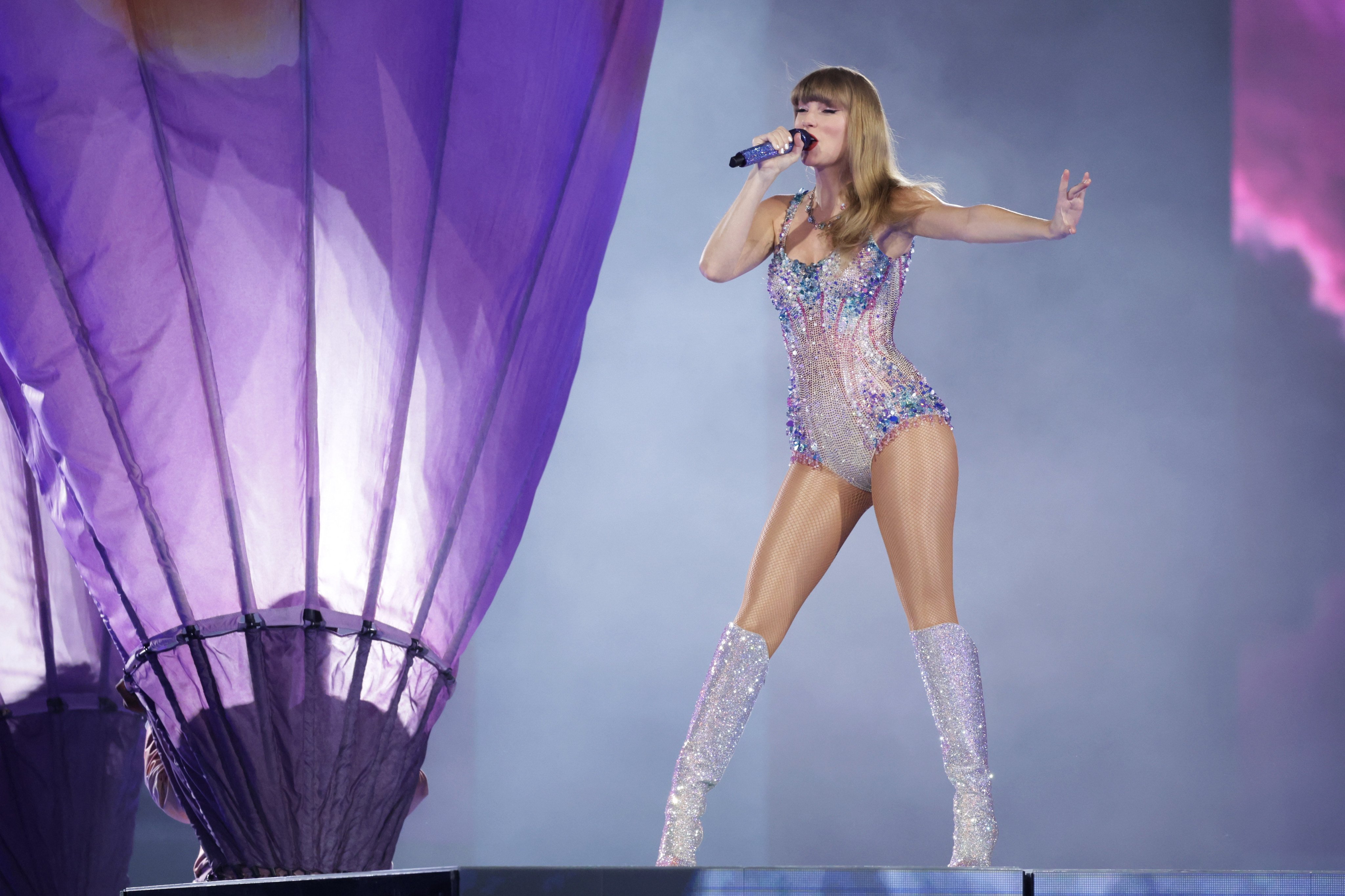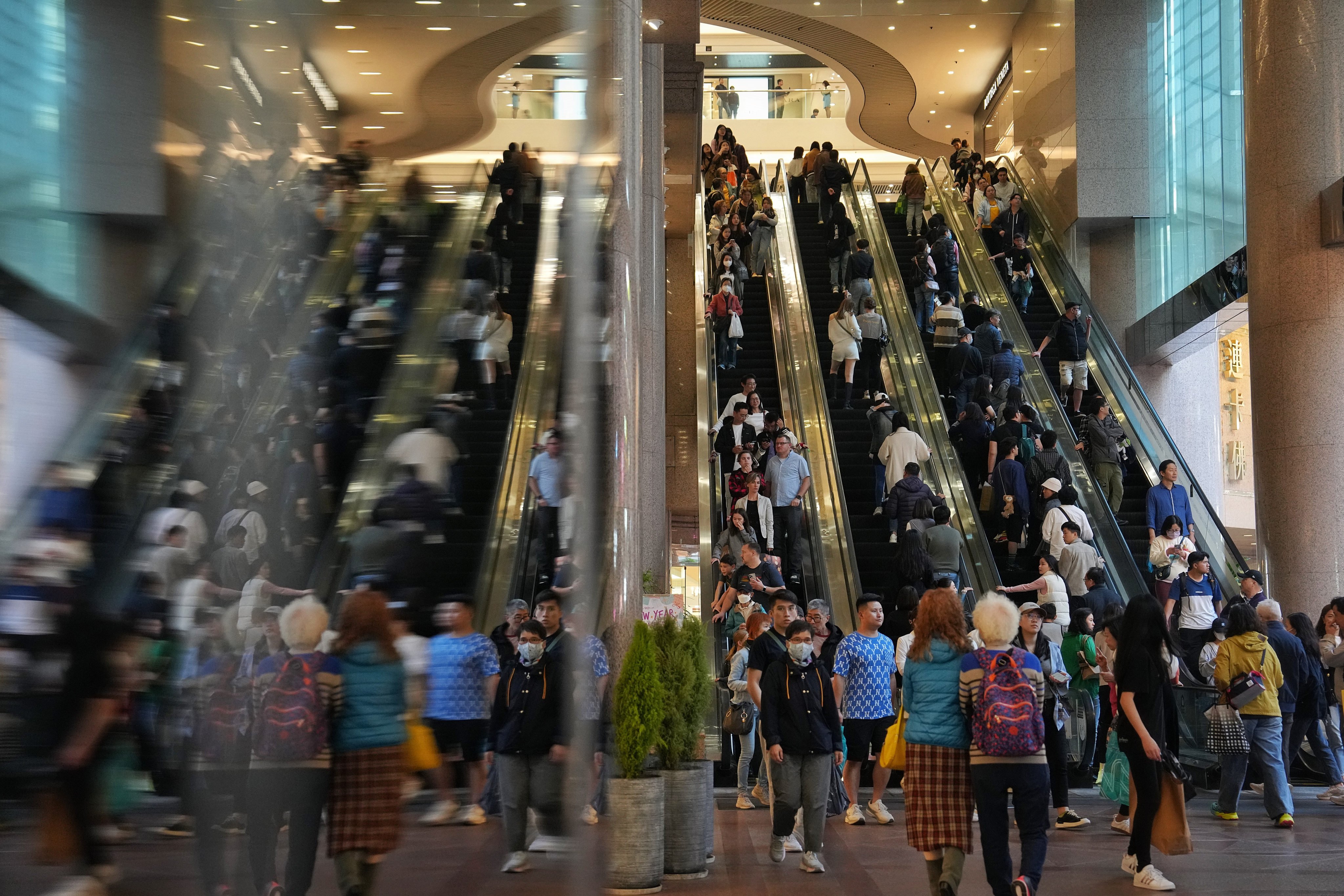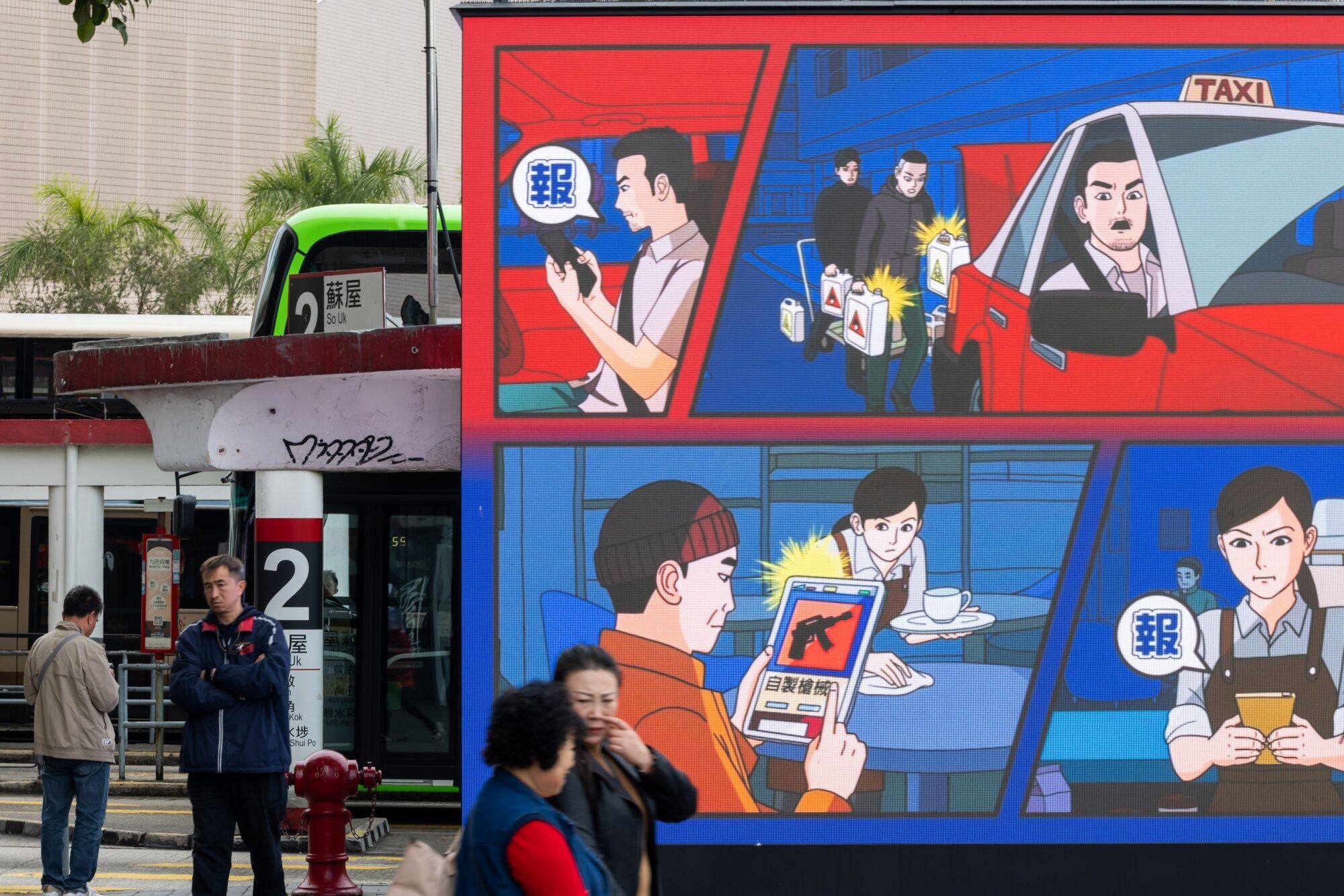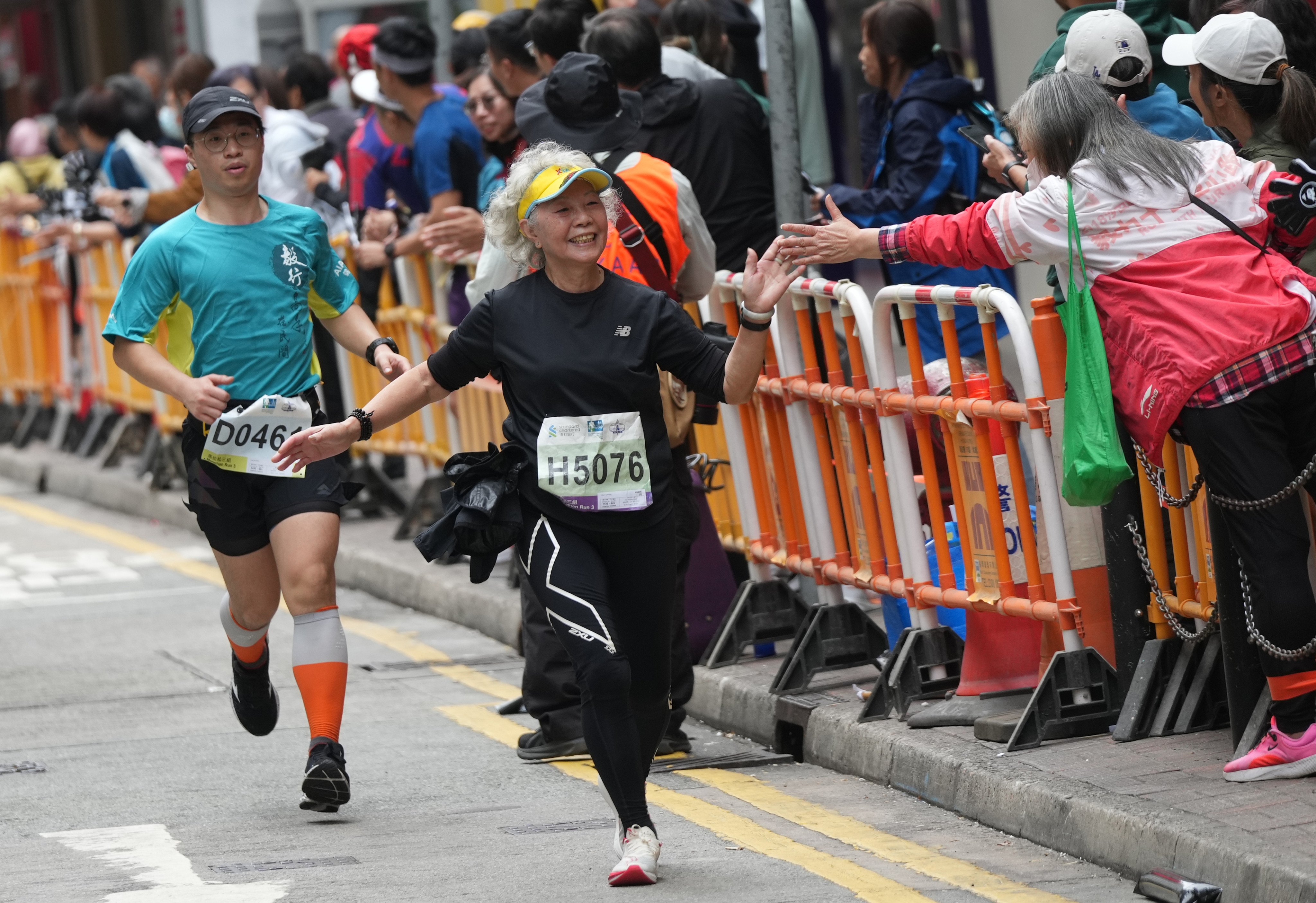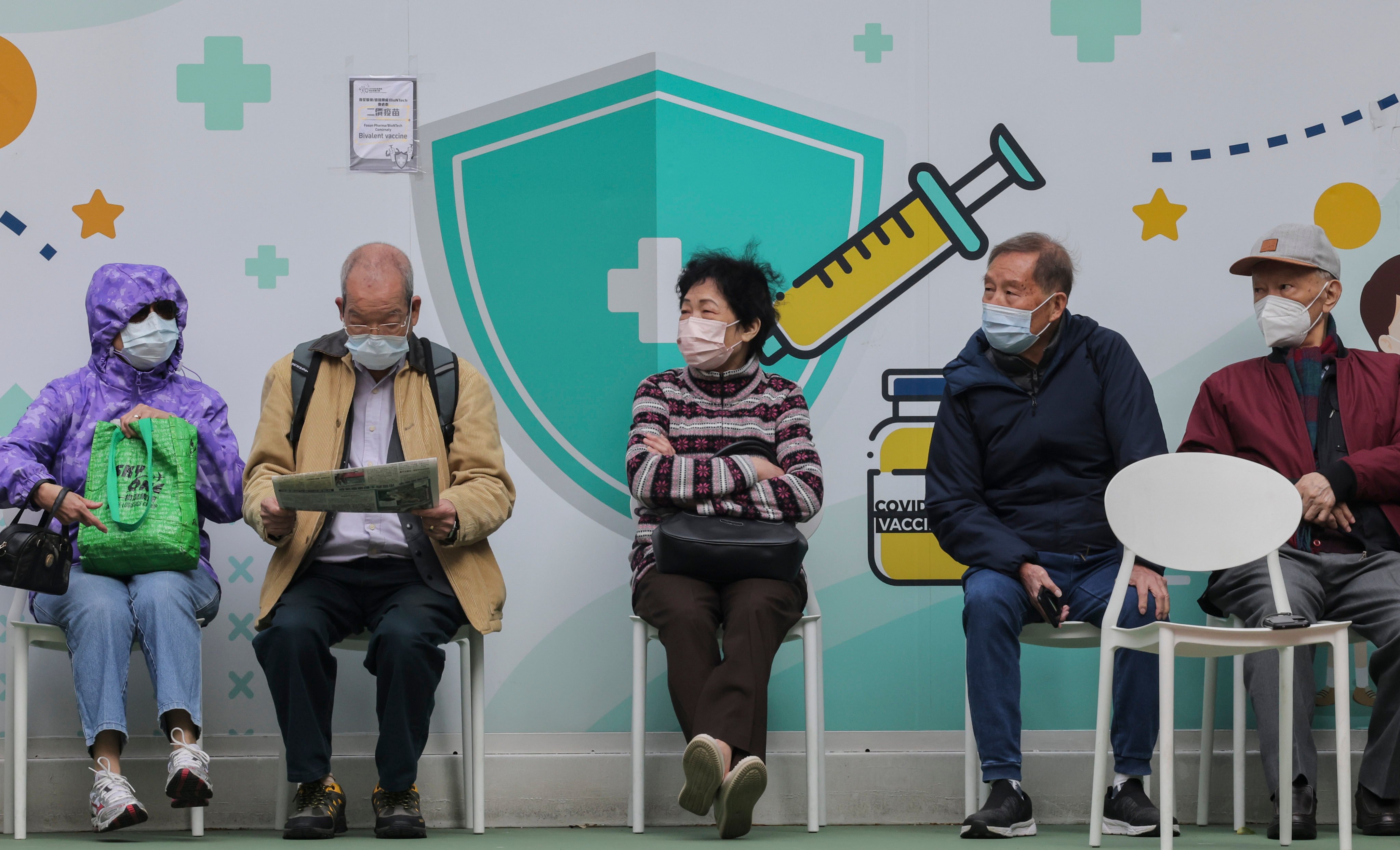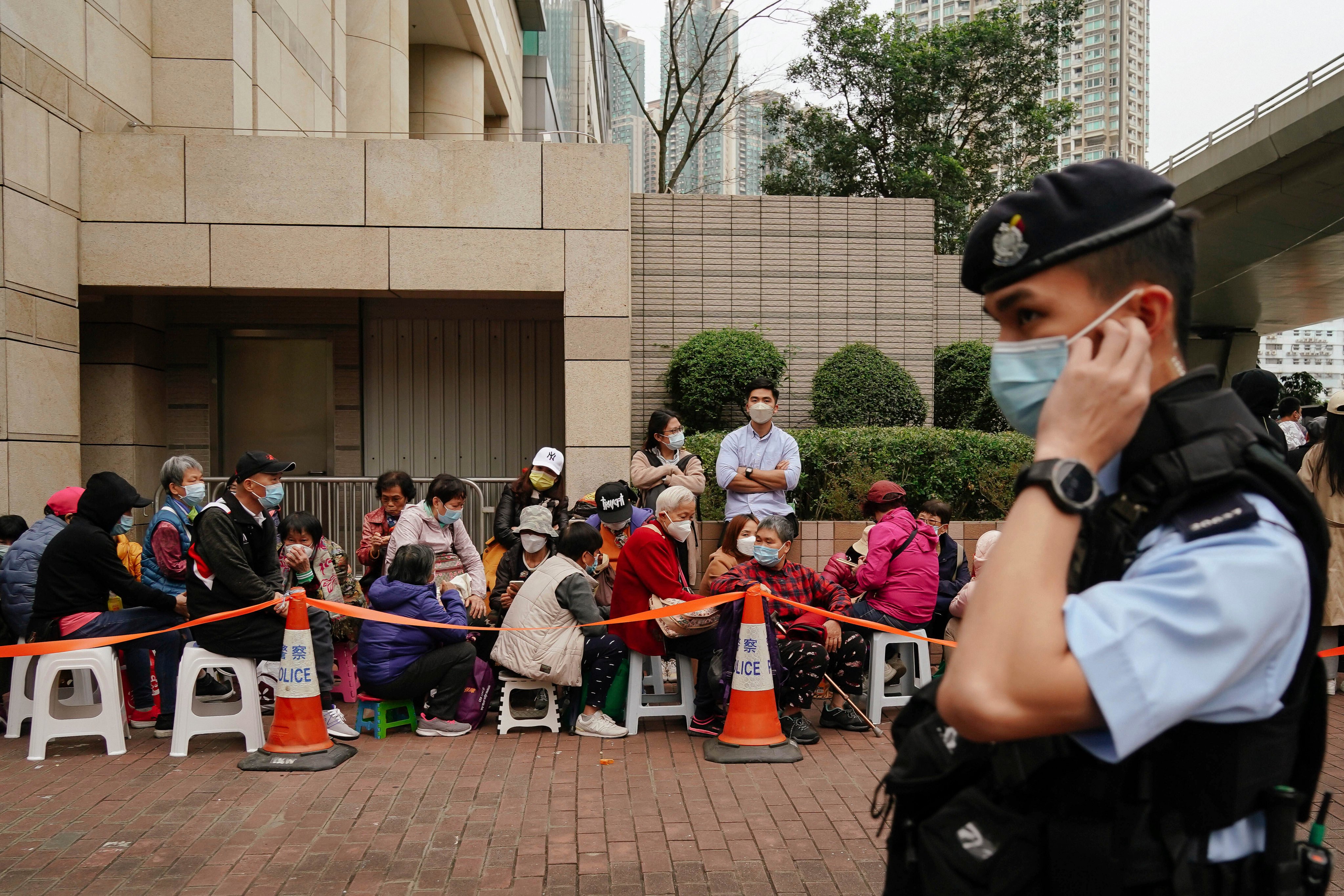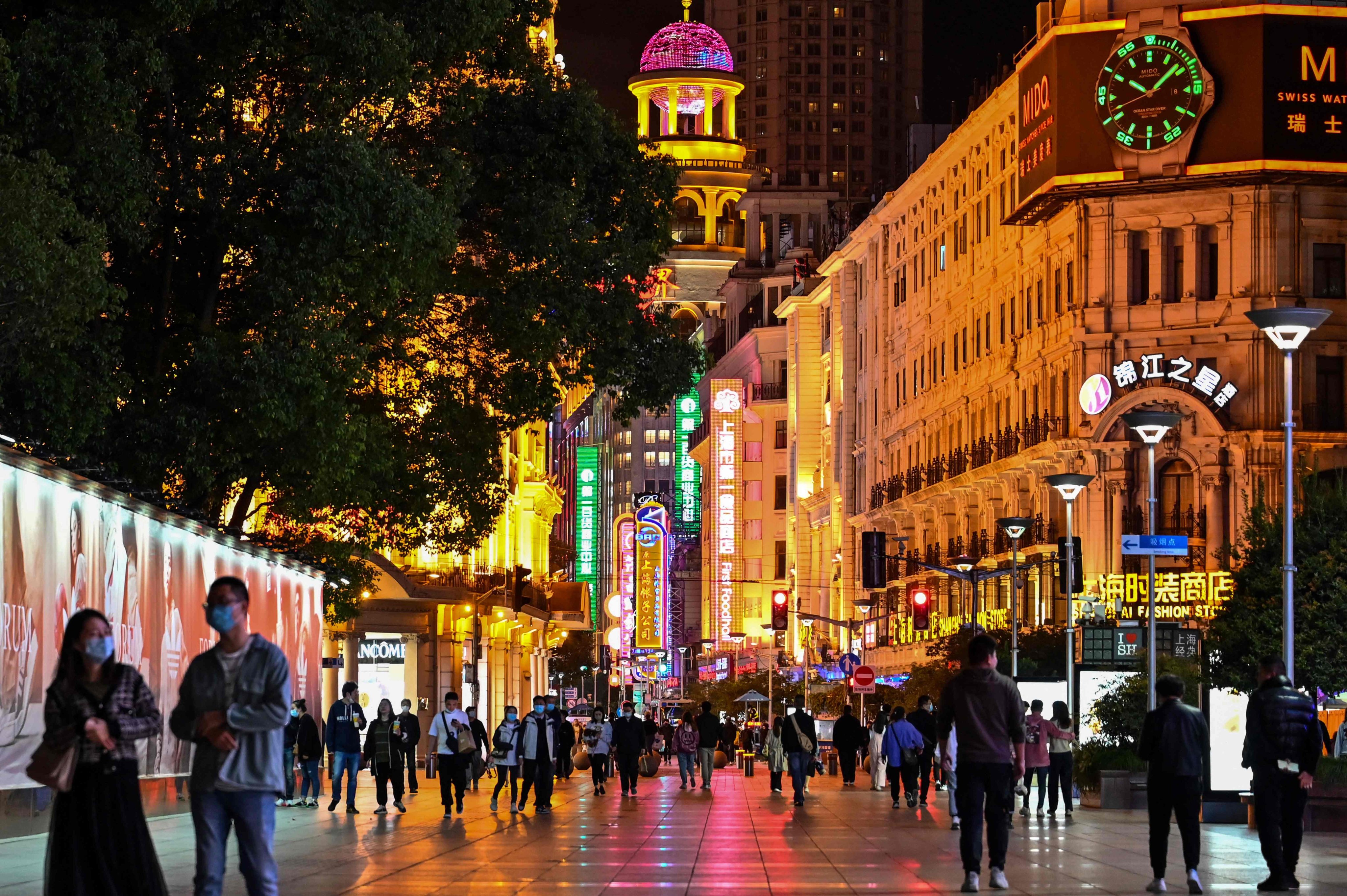Advertisement
Advertisement
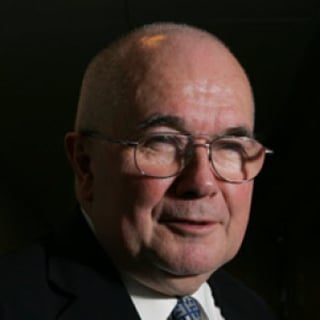
Mike Rowse
Mike Rowse has lived in Hong Kong since 1972, and is a naturalised Chinese citizen. He spent six years in the ICAC from 1974 to 1980, then 28 years in the government as an administrative officer until retirement in December 2008. He hosts a radio talk show, writes regularly for both English and Chinese media and lectures occasionally at different local universities.
It has a great legal system, and the constant harping on security only creates a false impression of the city as a hotbed of dissension.
To get the city’s finances in order, officials must ask what could be cut to pursue attractive new proposals.
Less red tape would spare those who survive us some pain and confusion, as would setting out our wishes early and clearly.
The weak response to a government bond sale and deficit woes should spur leaders into urgent, resolute action.
Advertisement
Could we send a brigade of transport planners, engineers and experts from Hong Kong’s MTR Corporation to help organise and run their systems?
Free societies might blanch at the thought of restricting media, but adults owe young people a duty of care when it comes to hard issues.
There is no justification for curbing the freedoms of thousands of young people who have not been found guilty of any offence following the 2019 unrest.
Action on subdivided flats, however modest, is welcome but the city’s reputation for very expensive and tiny flats remains a problem.
Even if the city doesn’t rise to being an ‘events capital’, the right focus can take its tourism economy to new heights.
The chief executive’s next policy address is best used to unify the city and address housing concerns while leaving geopolitics to Beijing.
Over the decades, I didn’t panic when my house was worth HK$5 million and I didn’t celebrate at HK$50 million. This concrete box is my home.
If Hong Kong is to return to pre-pandemic levels of tourism, it must go beyond pandas and seek out bona fide mega events.
The licensing overhaul sounds worthy of praise, but won’t win over the public if it’s just for vested interests and holding back Uber.
Many arriving mainlanders have the overseas exposure we need to maintain our cosmopolitan flavour and this is good – but not good enough.
Stop masking true scale of budget deficits with bond proceeds. Hongkongers are not stupid. They know the government must balance the books.
The government is building more flats for the future while offering temporary public housing and trying to improve conditions in subdivided flats.
The presence of foreign judges is a vital part of the appeal of doing business in Hong Kong. Why give up what makes us special?
Ideas for developing tourism on South Lantau have been bandied around for 40 years. Planners must now strike a balance between developing the area’s charms and preventing crowds from ruining it
Most taxis in Hong Kong can still only take cash while popular apps like Uber are harassed by the government. And that’s not a good look for a city with hi-tech ambitions aiming to attract big-spending international travellers.
Cathay’s mass lay-offs led to a staff shortage when it needed qualified personnel the most, and service suffered. The Cathay brand will regain its global network with commitments to enhancing service quality and rebuilding its sentimental connection to Hong Kong.
Daily TV broadcasts giving advice on each category of waste would help ensure everyone is well prepared ahead of the full roll-out of the scheme. To delay again after one high-profile postponement would make the government look indecisive.
Restoring Hong Kong’s international reputation and dispelling concerns among people outside the city can be done, but only with the whole community’s support. Instead of overreacting to criticism, the government should focus on making Hong Kong a great place to live and work.
The Urban Renewal Authority’s plan to redevelop the area around Mong Kok flower market is a reminder of the inevitable clash between ‘progress’ and preservation. To maintain the market’s appeal to locals and visitors, minor tweaks should be considered instead of massive overhauls.
Hong Kong has a plethora of events lined up this year, but can any really be classed as blockbusters? A real show-stopper would lure people from around the world and counter the Western media narrative that the city is no longer safe for foreigners to visit.
With the city facing a massive deficit, it must prioritise spending where it matters and find new sources of revenue. A goods and services tax implemented at the wholesale level might not be too onerous, and would reassure investors in government bonds of the city’s financial health.
History will show that Hong Kong was slow to fulfil its duty and pass Article 23 national security legislation, so it’s important that we cover all aspects in the new law. This will require careful work and thorough scrutiny, but such important legislation demands we take time to get it right.
If Hong Kong encourages every resident to attempt a full marathon at least once in their life, the health benefits would be tremendous. To facilitate this, marathon planners must revisit two aspects – the time limit and route.
Hongkongers are rushing to hospital emergency departments at the first sign of flu. However, not enough people, particularly the vulnerable and healthcare workers, are getting the annual flu vaccination.
Reports are emerging of suspects being kept on bail for very long periods, sometimes years. This is absurd and the mental pressure these individuals face is an unacceptable form of punishment, given they have not been convicted of any crime.
There is a fundamental disconnect between China’s world-leading modern success and the perception held by many in Hong Kong, particularly young people. Making travel easier between the two places would help change this.

